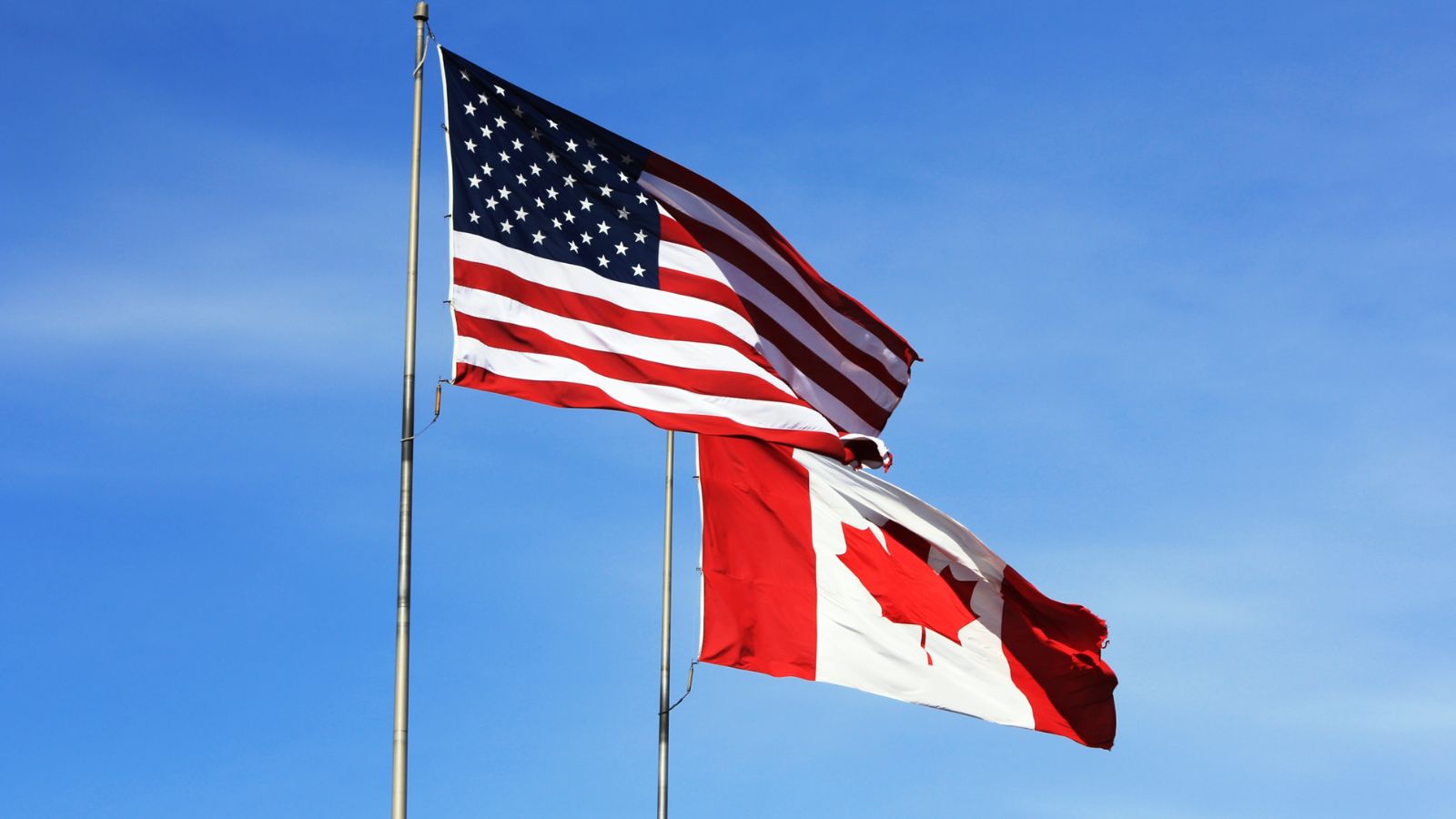Canada and America are neighbors and close allies, sharing a language and many cultural quirks. However, they differ significantly in many areas, including gun control laws, healthcare, and taxation systems. Here are 17 things that make the U.S. very different from Canada.
Political Structure
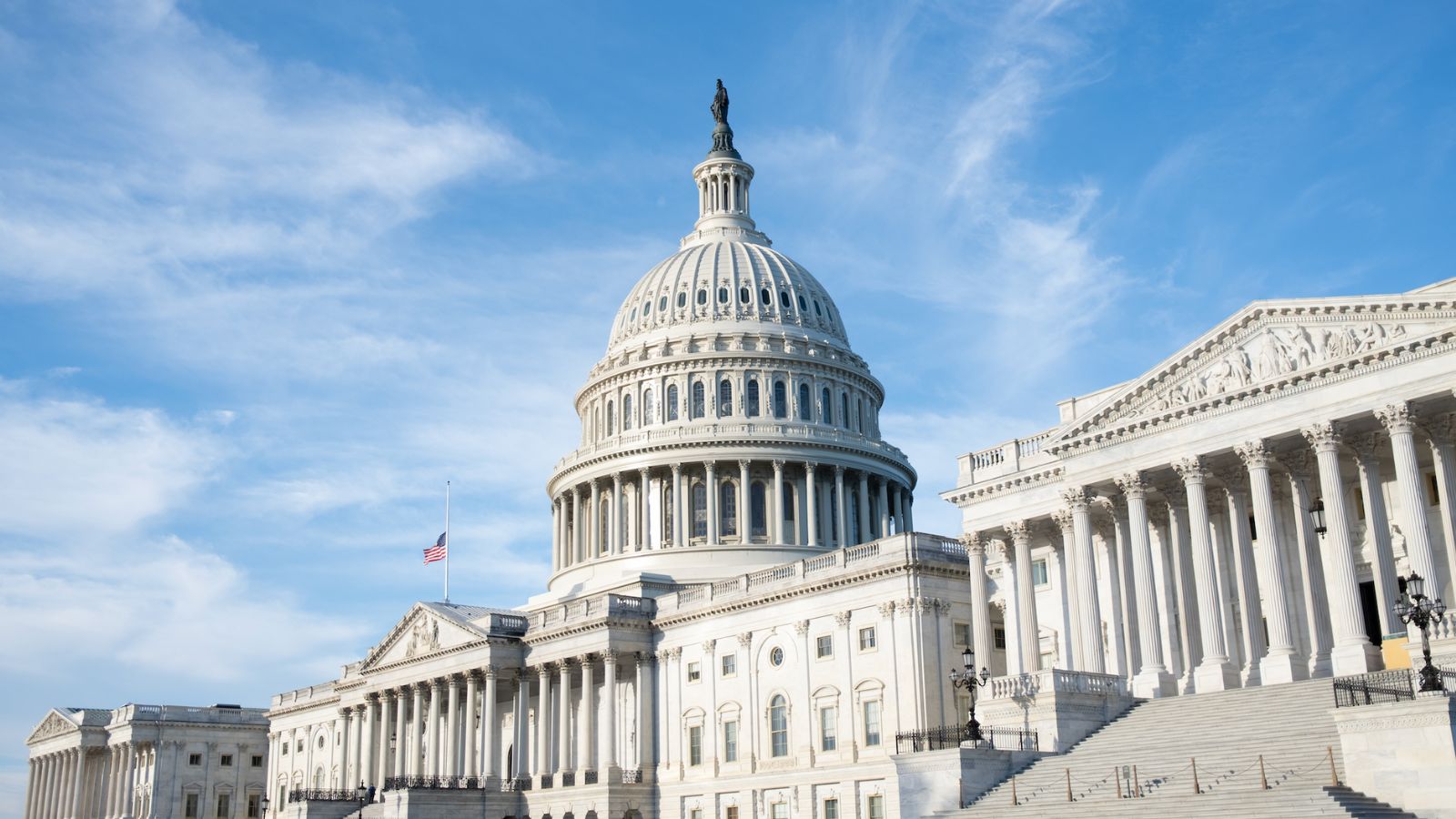
America operates under a federal constitutional republic with a strong emphasis on the separation of powers, while Canada is a Westminster-style parliamentary democracy and constitutional monarchy. Their electoral systems differ significantly due to their parliamentary and presidential systems, and the landscape of political parties in both countries varies. Canada has a multi-party system, while two parties dominate America.
Gun Control Laws

Both countries are known for their love of firearms, but Canada has stricter laws compared to the U.S., with mandatory licensing and registration for gun owners. NPR reported last year that America has “the 28th-highest rate of deaths from gun violence in the world,” more than seven times as high as Canada’s rate.
Legal Drinking and Smoking Age

In Canada, the legal age for drinking and smoking varies by province, but it’s generally 18 or 19. In America, the legal age for drinking is 21 across all states, and the smoking age varies. There’s a noticeable difference in cultural attitudes toward drinking between the two countries, but both consume less than they used to.
Education System

Canada and the U.S. have different structures for their education systems, with Canada offering more provincial control. Higher education is significantly more expensive in the U.S., leading to notoriously high student debt levels. Canadian students frequently outperform their American counterparts in literacy, graduation, and international rankings.
Environmental Policies

Canada and the U.S. have taken different approaches to addressing climate change, with Canada often perceived as more proactive. Both countries value conservation. America established the first national park in the world, Yellowstone, and the two have a union in the Waterton-Glacier International Peace Park.
Immigration Policies
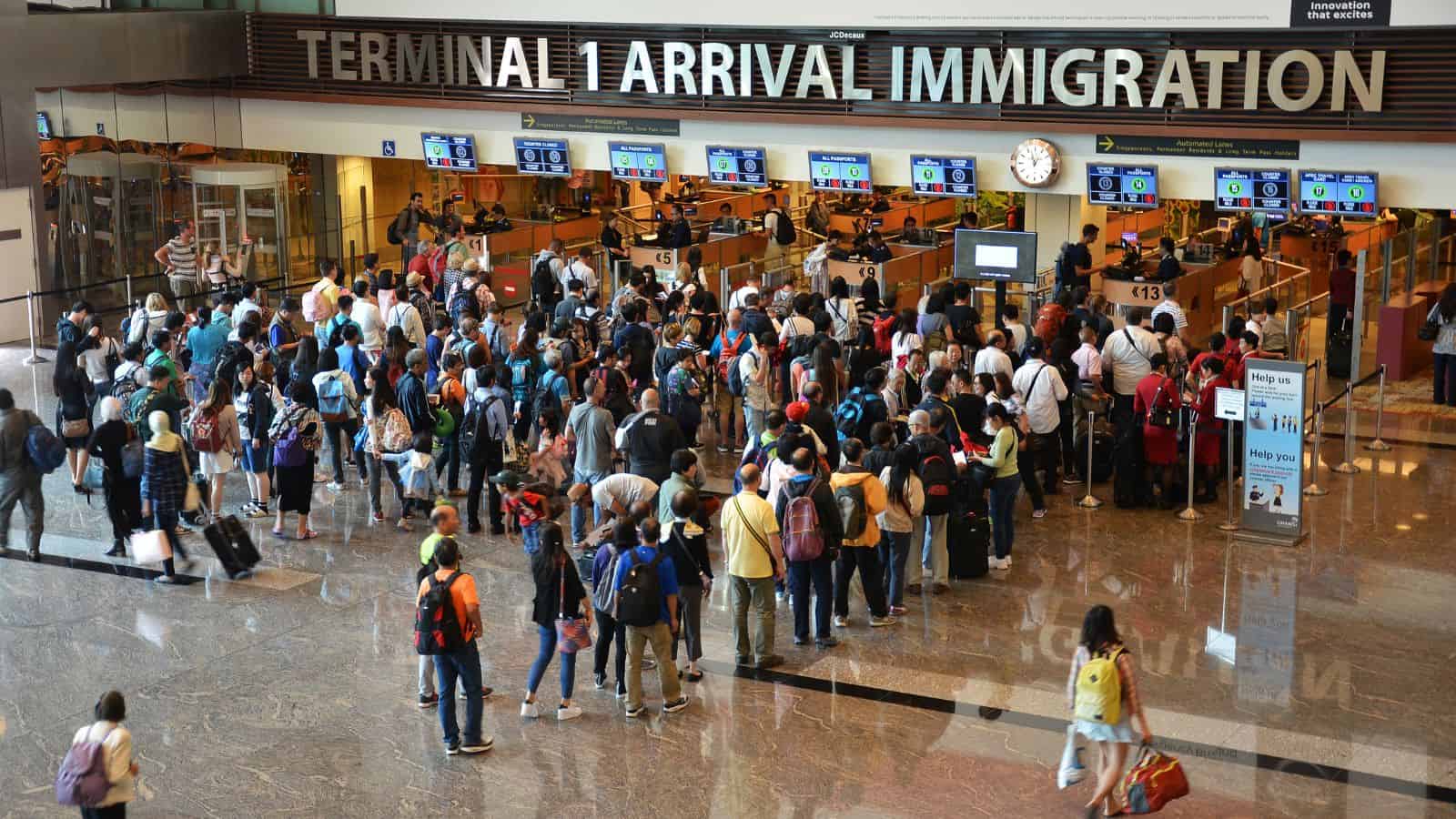
Canada is known for its points-based immigration system, which focuses on skills and economic contribution, whereas America emphasizes family reunification. Forbes reported that by 2025, Canada “will admit twice as many family immigrants as the United States as a percentage of the population” and “several times more refugees and humanitarian admissions per capita.”
Taxation System

Canadians generally face higher personal income tax rates compared to their American counterparts. The two countries also have different approaches to sales tax, with Canada having a Goods and Services Tax (GST) and Harmonized Sales Tax (HST) in some provinces versus a state-level sales tax in America.
Cultural Identity

Canada officially promotes multiculturalism, encouraging the preservation of cultural heritage, whereas America is often described as a melting pot. Canada has two official languages, French and English, that reflect its colonial history. In contrast, America doesn’t have an official language at the federal level, but English is its most widely used language.
Sports Culture
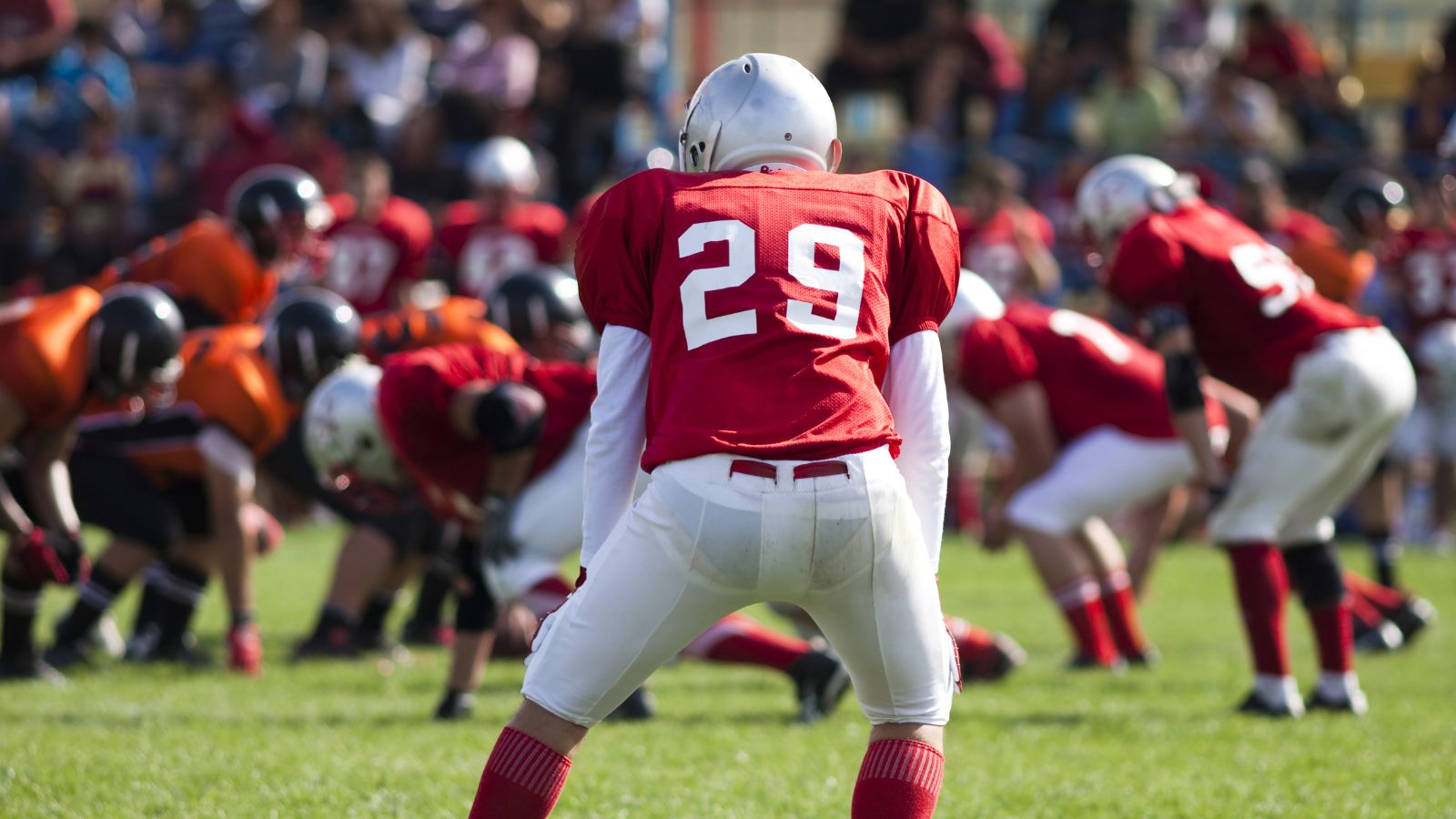
Ice hockey is a significant part of Canadian culture, while American football, basketball, and baseball dominate America. Canadian football is closely related to its American counterpart, and both have their origins in rugby, but they have some significant differences.
Food and Cuisine

Canadian cuisine is influenced by British and French traditions, along with a significant infusion of Indigenous and immigrant cuisine. Canada is known for food like poutine and maple syrup, whereas America is famous for its barbecue and fast-food culture.
Military and Defense
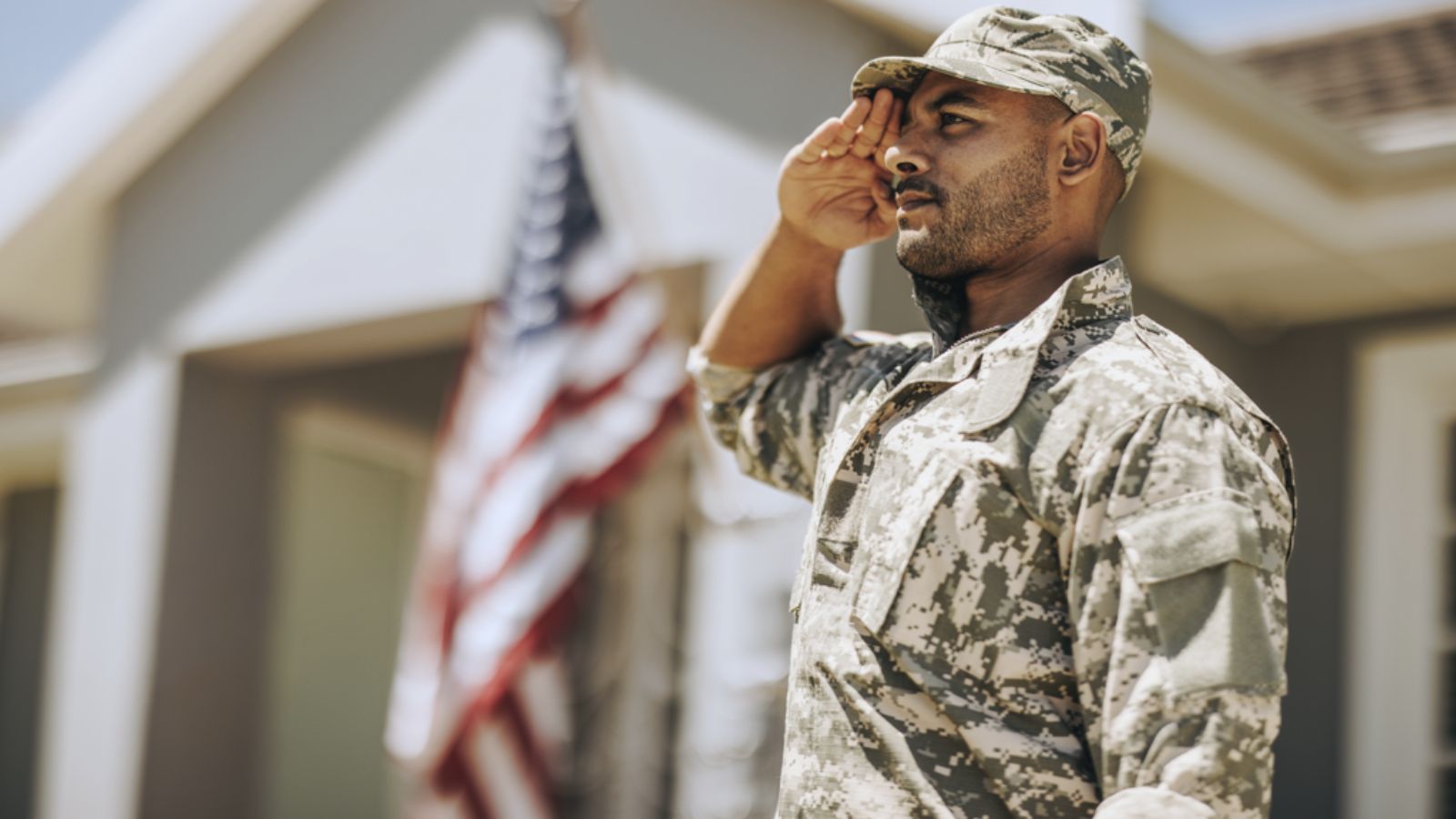
The Guardian recently noted that America “remains easily the largest global military spender, with a budget of $905.5 [billion] in 2023, in dollar terms more than the next 15 countries combined.” Canada spends far less, at around $22.8 billion, but the two are close allies and members of NATO.
Measurement System
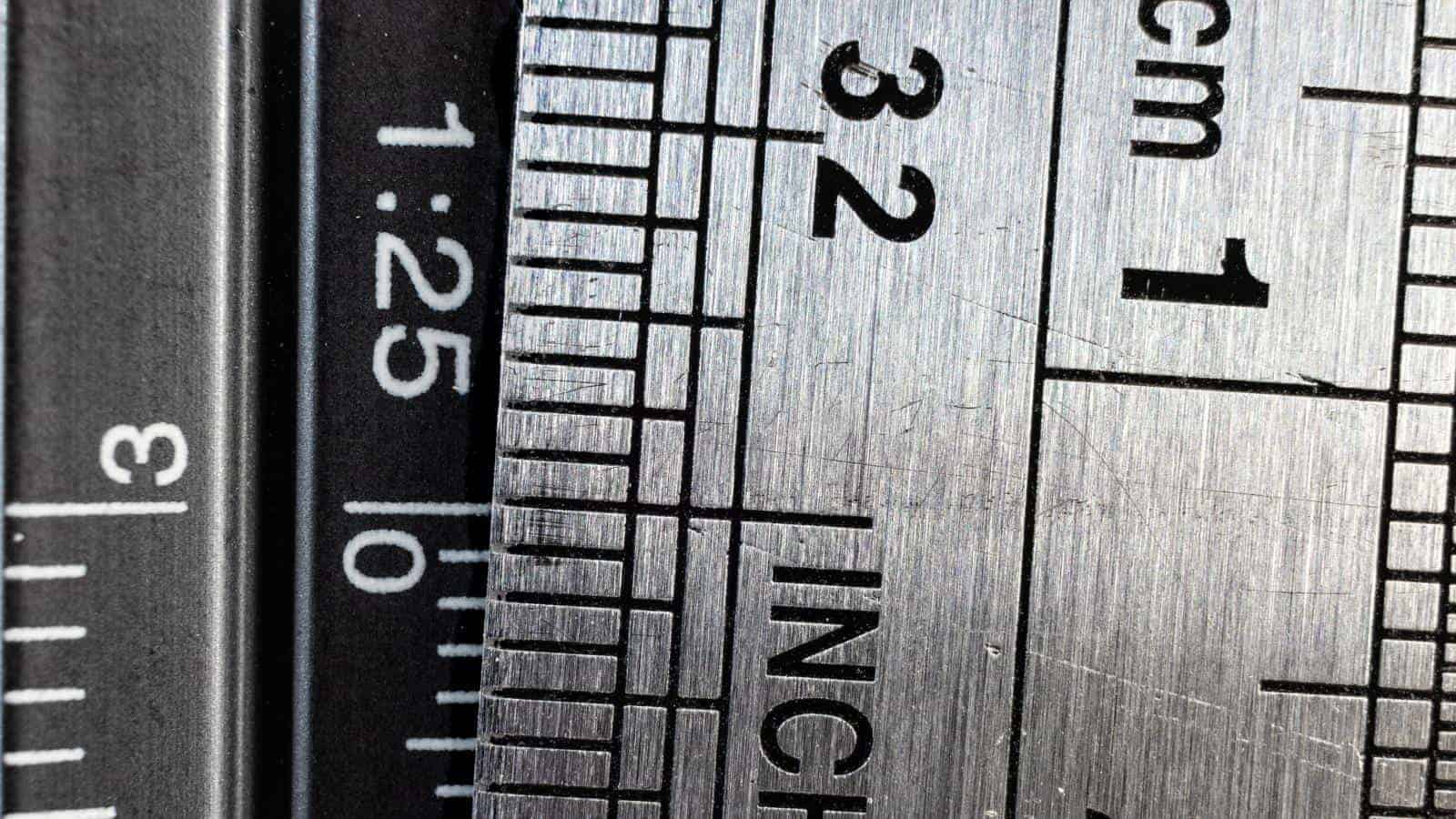
Canada, like almost every other country, officially uses the metric system for most measurements, while America continues to use the imperial system. This leads to differences in everyday language and impacts education, commerce, and public information, requiring post-border adjustment.
Healthcare System

The Ross University School of Medicine explains that Canada has universal healthcare, funded by taxes, but “to supplement their publicly funded healthcare, about two of every three Canadians carry some sort of private health insurance.” America lacks universal healthcare and has a mix of “public and private, for-profit and nonprofit insurers and healthcare providers.” Americans pay more for healthcare but have poor health outcomes compared to other high-income countries.
Consumer Culture and Retail

Canadians tend to shop more conservatively compared to their American counterparts, who have a more pronounced consumer culture emphasizing large retail stores and promotions. America has a more significant influence on shaping retail landscapes globally, with companies like Amazon and eBay used by millions globally.
Transportation and Infrastructure

Canadian cities generally offer more extensive public transportation options than most American cities. America has a more developed highway system, and the car is king, but Canada has the world’s longest national road, the Trans-Canada Highway.
Holiday Celebrations

Both countries celebrate Thanksgiving, but Canada holds it on the second Monday in October, while the U.S. celebrates on the fourth Thursday in November. The two also have unique holidays. Canada has Victoria Day and Family Day, whereas America celebrates Presidents’ Day and Independence Day.
Attitudes Toward Social Issues
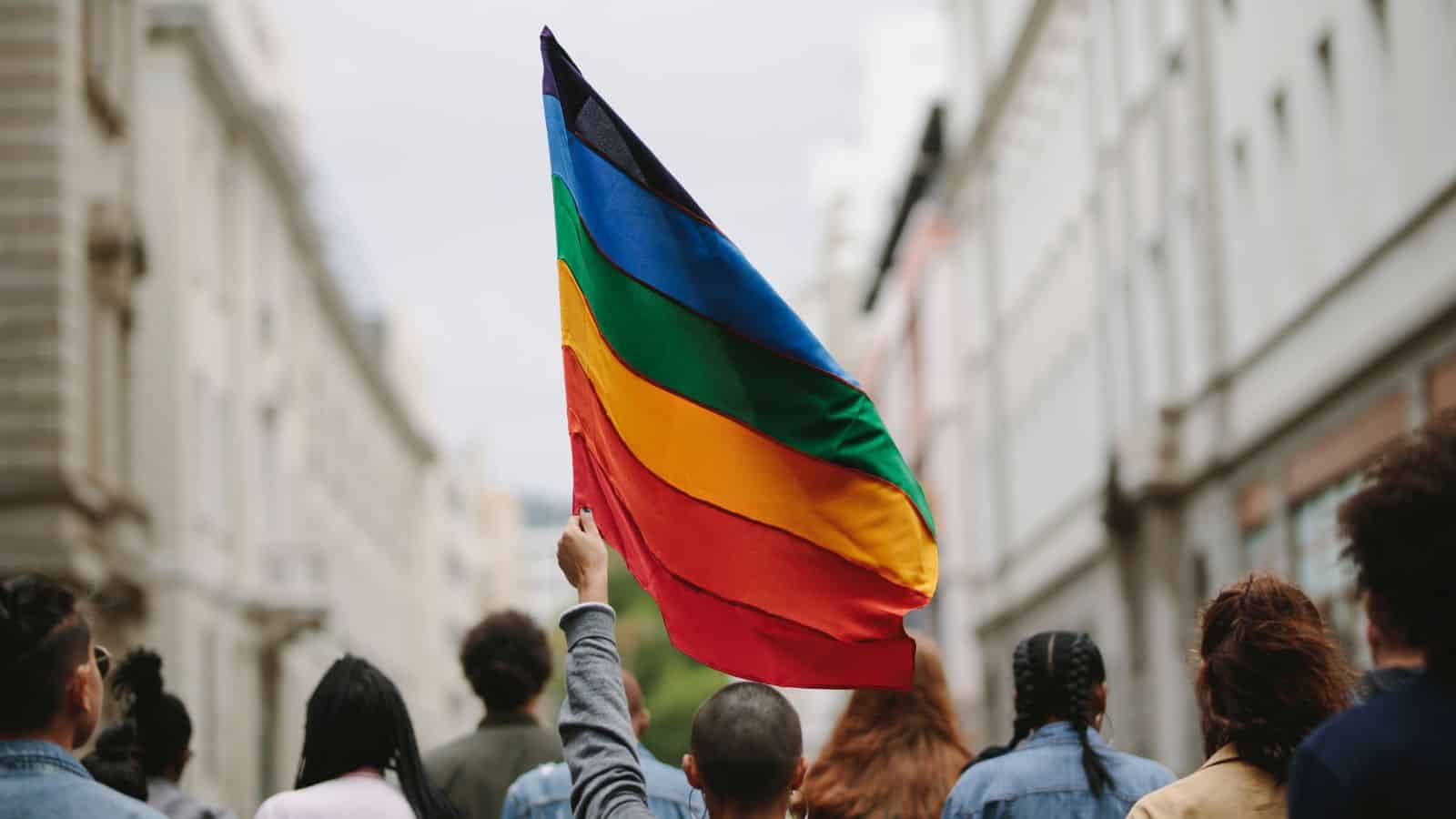
Canada was one of the first countries to legalize same-sex marriage worldwide in 2005, while America followed in 2015. Canadians overwhelmingly view healthcare as a right, while Americans are more divided on the issue.
Up Next: 17 Things Most People Forget After Someone Dies

When a person dies, it’s easy for their partner or family members to overlook things while they process shock and grief. Despite the pain of losing a loved family member, it’s important to remember to organize these 17 things to prevent problems later on.
17 Things Most People Forget After Someone Dies
17 Phrases Confident People Use to Stand Up For Themselves
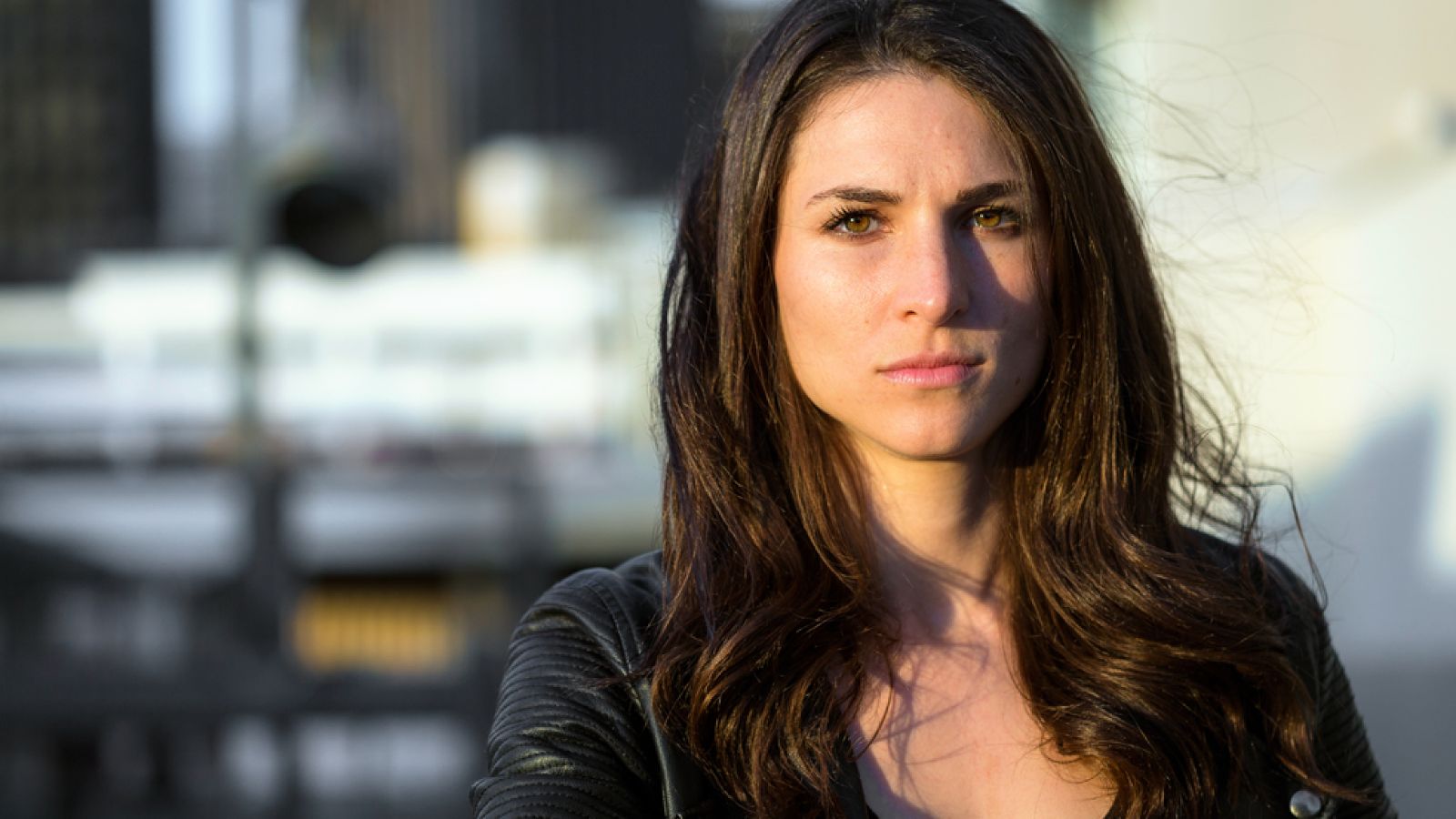
Confidence is a healthy and attractive trait that helps us stand firm in our values and set healthy boundaries. We can always become more confident, and learning the right ways to stand up for yourself is a great way to start. Here are 17 phrases you can use to do so.
17 Phrases Confident People Use to Stand Up For Themselves
20 Signs Someone Is Only Pretending to Care

Whether it’s to avoid hurting your feelings or if it’s part of a more elaborate plan to deceive you for benefits, people pretend for many reasons. The main theme with them, though, is that their actions never match the sugar-coated words that come out of their mouths. So that you don’t fall for someone like this, we’ve compiled 20 signs for you to look out for.

